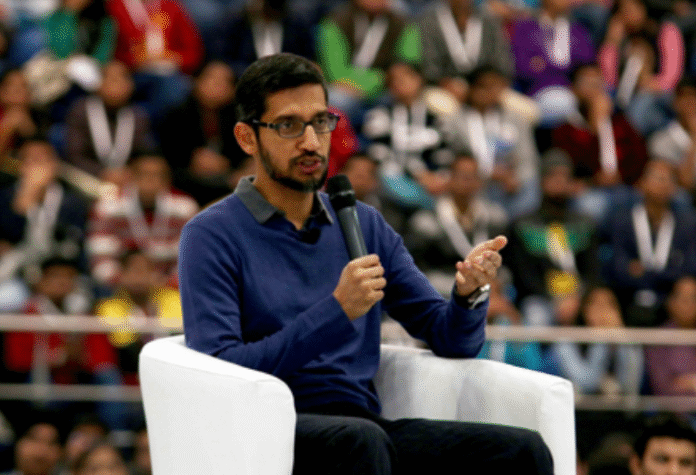NEW DELHI — Google on Thursday unveiled a wide-ranging safety roadmap for India, placing children, teenagers, and older adults at the center of its Artificial Intelligence protection initiatives.
The company announced on-device real-time anti-scam tools, text watermarking technology, and digital-literacy programs designed to make AI safer and more inclusive. Scam Detection, powered by Gemini Nano, will be rolled out on Pixel phones to analyze calls in real time and flag potential scams entirely on-device. Google said the feature works without recording audio, creating transcripts, or sending data back to its servers.
The Scam Detection tool will be off by default, applies only to calls from unknown numbers, emits a beep to notify both participants, and can be disabled by the user at any time.
Google also expanded availability of its SynthID Detector and released the SynthID text-watermarking tool as an open-source component of its Responsible GenAI Toolkit. The watermarking system helps partners identify AI-generated images and audio, supporting efforts to counter misinformation and manipulated content.
To strengthen cyber readiness, the company announced a grant of $200,000 to the CyberPeace Foundation to support capacity-building and deploy AI-driven cyber-defense tools aimed at fighting scams, improving safety for children and teens, and supporting responsible AI governance aligned with the IndiaAI Mission. Google also pledged $1 million to five leading think tanks and universities across the Asia-Pacific region to advance research and public dialogue on AI safety, ethics, and opportunities.
“In India, where the digital economy is booming, we are building AI systems that are designed to keep user trust intact as India transitions to AI,” said Evan Kotsovinos, Vice President of Privacy, Safety and Security at Google.
“We are taking a 360-degree approach to safety, combining on-product and on-Cloud protections, and digital literacy to empower users with knowledge and awareness,” added Preeti Lobana, Country Manager, Google India. (Source: IANS)












